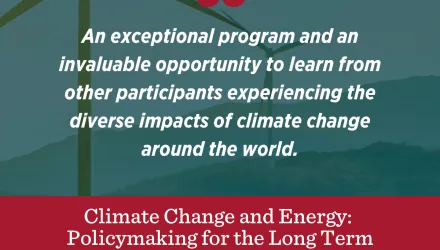Abstract
Current integrated assessment projects primarily seek end to end integration through formal models at a national to global scale, and show three significant representational weaknesses: determinants of decadal-scale emissions trends; valuing impacts and adaptive response; and the formation and effects of policies. Meeting the needs of policy audiences may require other forms of integration; may require integration by formal modeling or by other means; and may require representing decisions of other actors through political and negotiating processes. While rational global environmental policy making requires integrated assessment, current practice admits no single vision of how to do it, so understanding will be best advanced by a diverse collection of projects pursuing distinct methods and approaches. Further practice may yield some consensus on best practice, possibly including generic assessment skills generalizable across issues.
To view full text please see PDF below (login may be required).
Parson, Edward. “Integrated Assessment and Environmental Policy-Making: In Pursuit of Usefulness.” Energy Policy, April / May 1995





